Haiti may not always be in the spotlight for its influence on the United States, but its contributions run deeper than most realize. From history to culture, the Caribbean nation has played a vital role in shaping America.
Here are six significant ways Haiti has helped the United States:
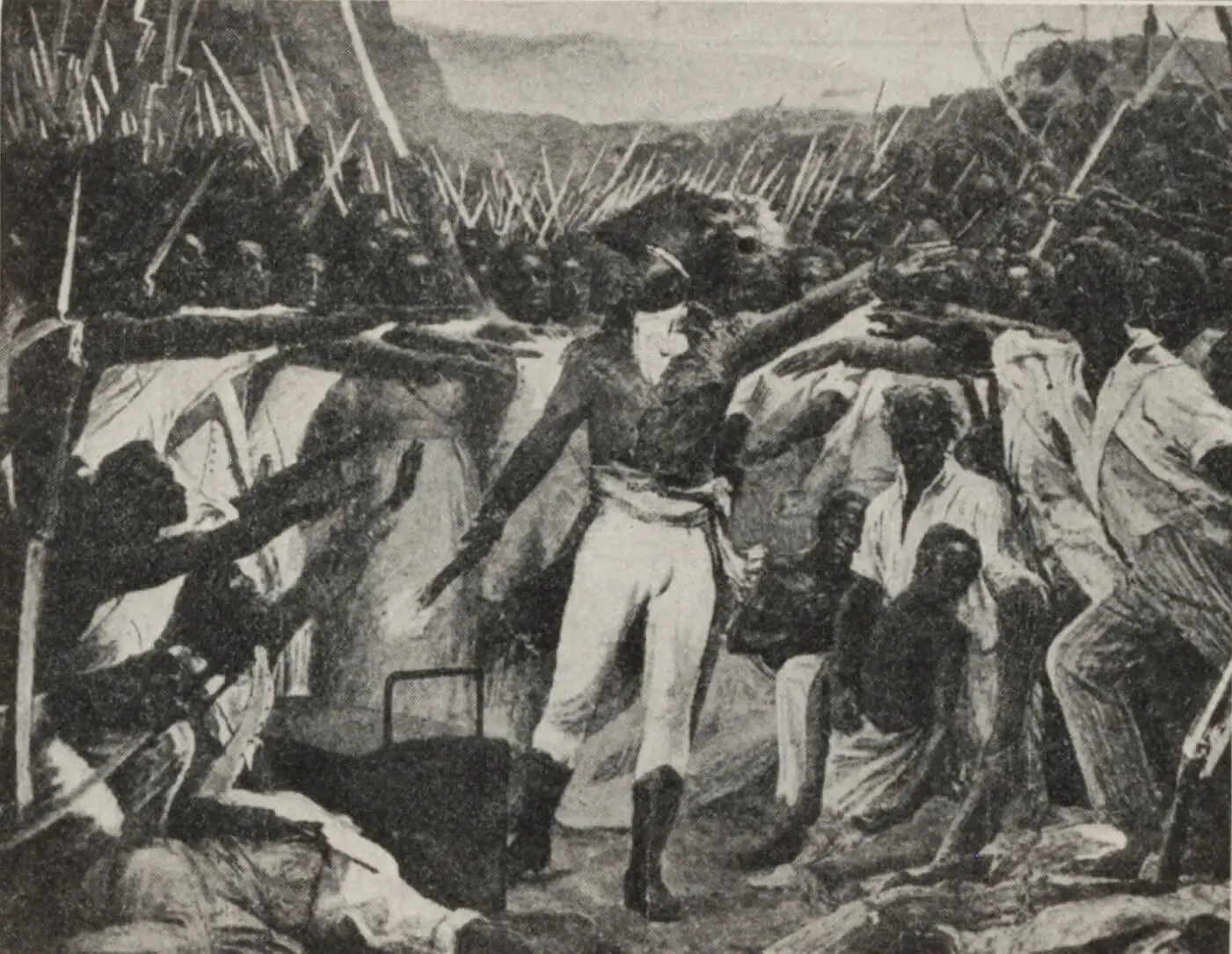
The Haitian Revolution and the Louisiana Purchase
The Haitian Revolution (1791–1804) was a key turning point for the United States. Haiti, then known as Saint-Domingue, was a French colony producing vast wealth through sugar and coffee plantations. However, the enslaved population fought against the French for their freedom, culminating in Haiti becoming the first black-led republic.
As a result, France, weakened financially and militarily, was forced to sell the Louisiana Territory to the United States in 1803. This sale, known as the Louisiana Purchase, doubled the size of the U.S. and set the stage for its westward expansion.
Without Haiti’s revolution, France might not have relinquished the territory, which would have dramatically altered American history.
Cultural Contributions Through Haitian Immigrants
Haitian immigrants have brought a rich cultural heritage to the United States. From music to literature, the Haitian diaspora has enriched American culture in numerous ways.
For example:
- Wyclef Jean, the Grammy-winning musician, introduced the world to a fusion of Haitian rhythms and American hip-hop.
- Edwidge Danticat, a renowned Haitian-American author, has brought Haitian stories and experiences to the forefront of American literature.
These figures represent just a fraction of the contributions Haitians have made to American cultural life, showing the deep interconnection between the two nations.
Haiti has enriched American culture through its art and music.
Haitian artwork features bright colors and unique styles. Artists tell stories through their pieces. This art connects people to Haiti’s history and struggles.
Haitian music, especially genres like rara, has gained popularity in the U.S. The rhythms invite people to dance and celebrate. Musicians blend traditional sounds with modern styles. This fusion creates a vibrant music scene that benefits both cultures.
Support for U.S. Agriculture: Coffee and Sugar Cane
Haiti’s historical role in agriculture has ties to the United States, particularly through sugar cane and coffee. In the late 18th and early 19th centuries, Haiti was the world’s largest producer of coffee, much of which was exported to the United States.
Haitian coffee was widely consumed in the U.S., helping fuel American demand for this commodity. Similarly, Haiti’s sugar cane production contributed to global sugar markets, impacting trade relations with the U.S.
Even today, coffee from Haiti is gaining popularity in niche markets across the U.S., offering Americans a taste of Haiti’s rich agricultural heritage.
Strengthening Trade Relations
Haiti serves as an important trading partner for the United States. The U.S. imports textiles and agricultural products from Haiti.This trade supports Haitian businesses and provides unique products for American consumers.
Trade agreements like the HOPE Act promote economic growth in both nations. These relationships create jobs and opportunities for citizens in both countries.
Mutual Aid in Times of Crisis
Throughout history, the United States and Haiti have helped one another in times of crisis. For example, following natural disasters, such as the 2010 earthquake in Haiti, the U.S. provided aid in the form of financial support and humanitarian relief.
Conversely, Haiti has been home to American missionaries and NGOs, who work closely with Haitians to improve infrastructure, healthcare, and education. This partnership has led to positive outcomes for both nations, fostering a spirit of collaboration and mutual support.
Haitian Art and Its Influence in American Art Communities
Haitian art is renowned for its vibrant colors and unique styles, often reflecting the country’s rich history and cultural fusion. Haitian artists, through their paintings, sculptures, and other forms, have influenced American art communities.
The works of Haitian artists like Jean-Michel Basquiat, who was of Haitian descent, brought a new form of expression to American contemporary art. His influence transcended the art world, impacting American pop culture and the wider creative industry.
Haiti’s contributions to the United States stretch back centuries and continue to this day. From soldiers who fought in the American Revolution to cultural icons who have enriched American life, Haiti has left a lasting mark on U.S. history.
The relationship between these two nations is one of shared struggles and mutual support, and it’s clear that Haiti’s influence in the U.S. is both profound and enduring.
Understanding these contributions helps to appreciate the deep bonds that exist between Haiti and the United States—bonds built on history, culture, and the unwavering resilience of the Haitian people.


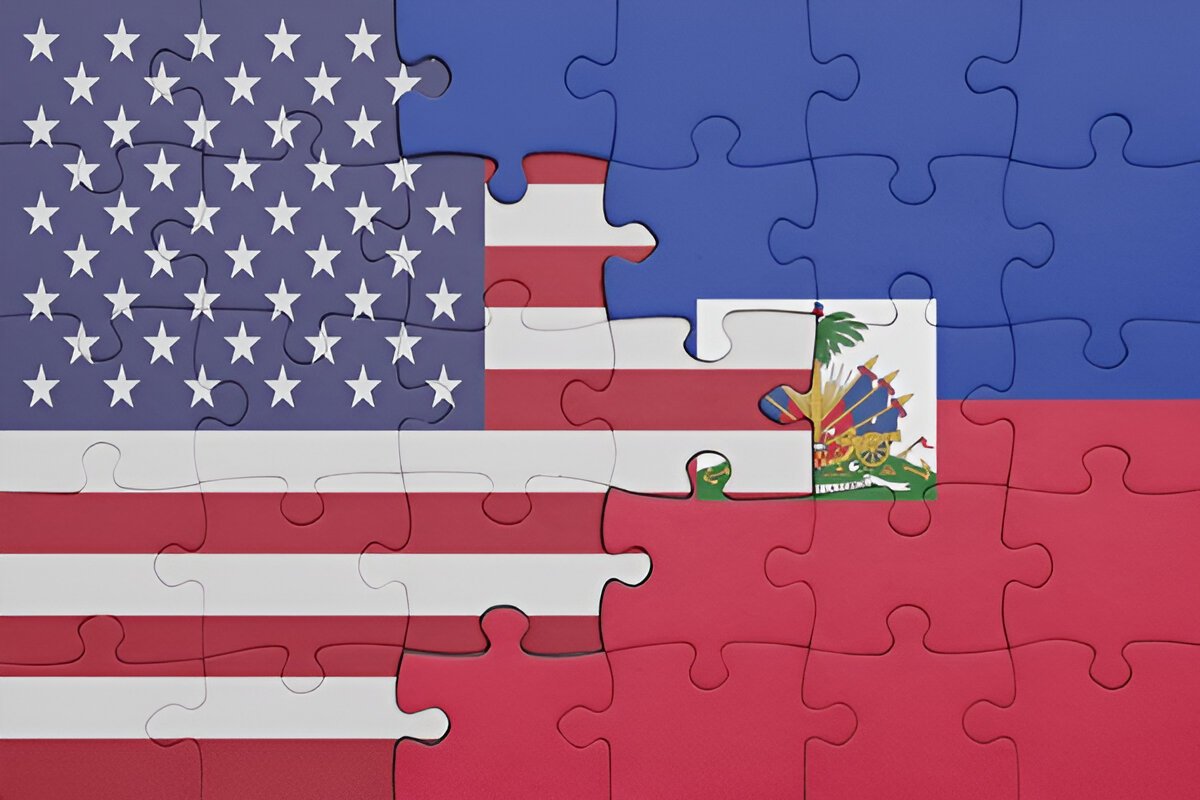
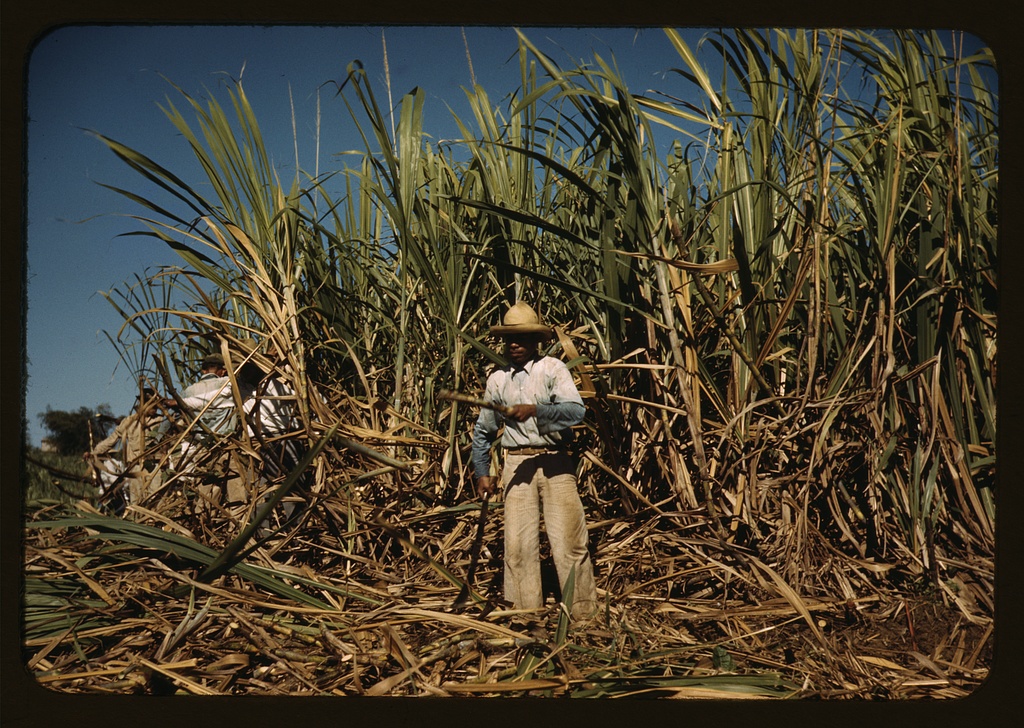

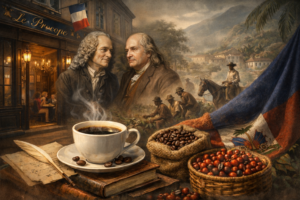


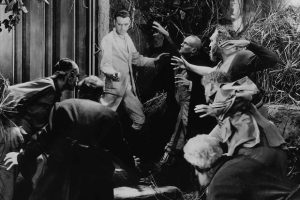


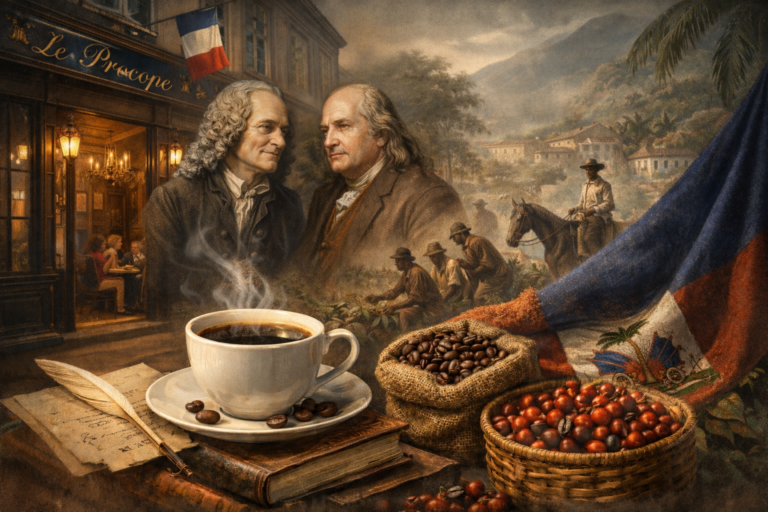

Add a comment